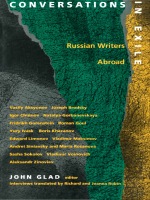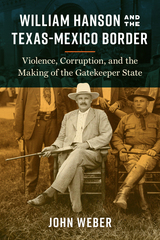
A comprehensive guide to Russian-language instruction combining the latest research, pedagogy, and practice.
The Art of Teaching Russian offers practitioners current research, pedagogical thinking, and specific methodologies for teaching the Russian language and culture in the twenty-first century. With contributions from the leading professionals in the field, this collection covers the most important aspects of teaching the Russian language.
The book begins with an overview of the past and current trends in foreign language education and in Russian instruction in the United States. Other topics include the effects of ACTFL's World-Readiness Standards on the field; different pedagogical approaches to teaching at various levels of proficiency; curriculum and materials development; and teaching Russian culture to develop students' intercultural competence. The collection concludes with a discussion on how to use technology in the Russian-language classroom to enhance students' learning.
The Art of Teaching Russian includes practical approaches for successful teaching, supported by original research. Teachers and graduate students will rely upon this collection to enhance their instruction.

Glad's introduction situates the three distinct waves of westward emigration in their historical and political framework. Organized by genre, the book begins with discussions with the older generation of writers and then moves on to more recent arrivals: the makers of fantasy and humor, the aesthetes, the moralists, and the realists. Each voice is compelling for its invaluable testimony--some reveal startling insights into the persecution of dissidents under Soviet rule while others address the relationship between creativity, writing, and conditions of exile. Taken together these interviews reveal the range of modern Russian writing and document the personalities and positions that have made Russian writers in emigration so diverse, experimental, and controversial.
The Writers: Vasily Aksyonov, Joseph Brodsky, Igor Chinnov, Natalya Goranevskaya, Frifrikh Gorensetin, Roman Goul, Yury Ivask, Boris Khazanov, Edward Liminov, Vladimir Makisimov, Andrei Siniavsky and Maria Rozanova, Sasha Sokolov, Vladimir Voinovich, Aleksandr Zinoviev
Excerpt
John Glad: You're a Russian poet but an American essayist. Does that bring on any measure of split personality? Do you think you are becoming less and less Russian?
Joseph Brodsky (recipient of 1987 Nobel Prize for Literature): That's not for me to say. As far as I'm concerned, in my inner self, inside, it feels quite natural. I think being a Russian poet and an American essayist is an ideal situation. It's all a matter of whether you have (a) the heart and (b) the brains to be able to do both. Sometimes I think I do. Sometimes I think I don't. Sometimes I think that one interferes with the other.
READERS
Browse our collection.
PUBLISHERS
See BiblioVault's publisher services.
STUDENT SERVICES
Files for college accessibility offices.
UChicago Accessibility Resources
home | accessibility | search | about | contact us
BiblioVault ® 2001 - 2024
The University of Chicago Press









